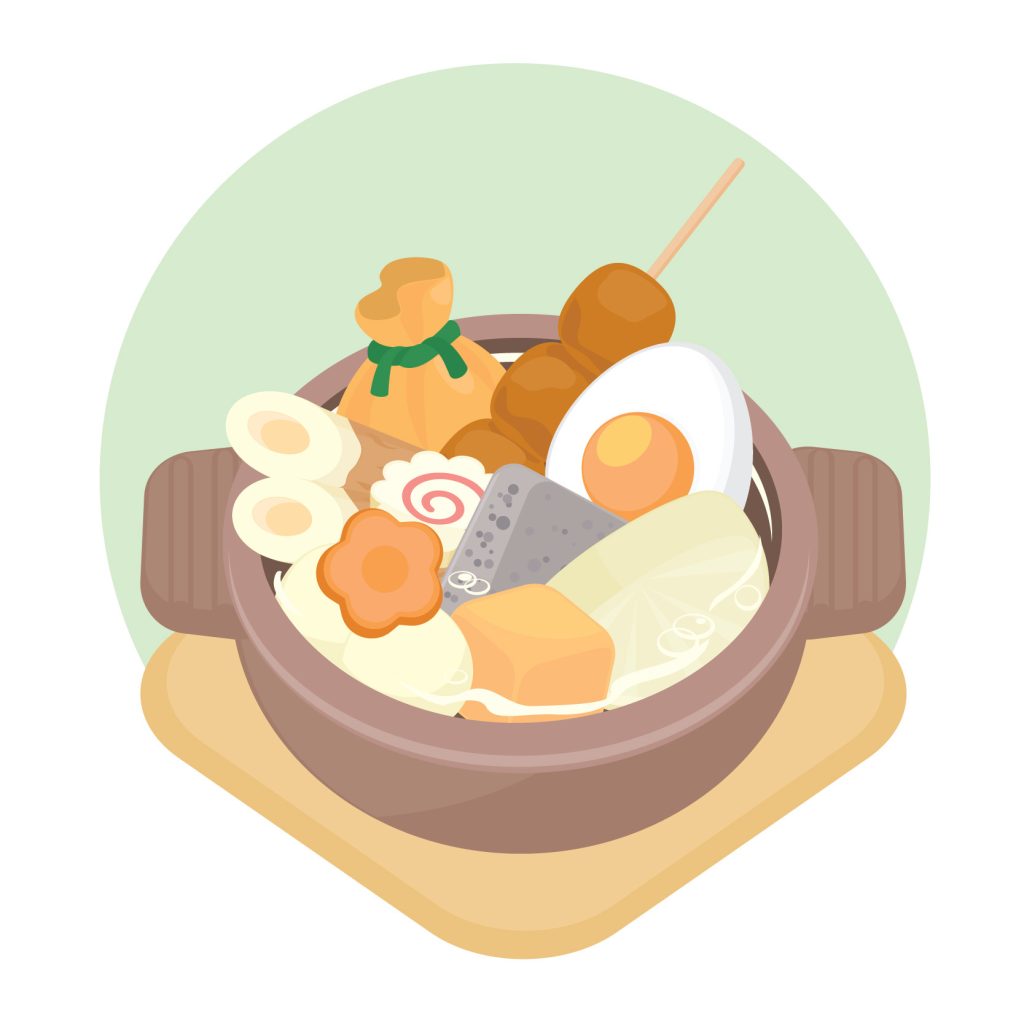Dolly Koghar gives us a peek into the Japanese psyche.
We’d stalled our trip to renew our Japanese residential status for the past six years, but with hubby dear turning 75 and me completing six dozen cycles of life, we finally decided to go. It could be the last time we’d walk the lanes and bylanes of a place I’d moved to in 1969 as a naïve 17-year-old bride with hubby dear, who’d been looking after his pre-war family business there. It became home for the longest time, interspersed with short stints in L.A. and Seoul; until fate beckoned us to a hitherto-unknown place called Bangalore. Finally, the gallivanting circle has now come full circle, to end where it started, Bangkok.
Nothing stays as is, not us, nor Kobe. While the tap water is still sweet and crystal clear, and the crows double the size of our KA, English is now more commonplace. There are handrails, escalators, slopes and elevators everywhere due to the mounting number of aged people; meanwhile, the shrinking populace is forcing schools and colleges to shut down. The hustle and bustle of downtown Sannomiya is scant, as are the number of cruising cabs, now available only on call, which, for us, would mean a koksai call. So, although exhausted and disappointed from our daily failed attempts to revisit our favourite, but now-closed and defunct mama-papa restaurants and coffee shops, there wasn’t much choice but to drag ourselves back to the hotel, resting to take selfies on the garden- esque curbsides.
There’s one word I’d credit with Japan’s phoenix ascent from the ashes of Hiroshima, the Great Kanto and the Hanshin Earthquakes, and from their islands’ propensity for natural disasters: it’s gaman. It loosely translates as ‘perseverance,’ but places the onus on the individual to “endure the seemingly unbearable, with dignity and patience; with determination and a willingness to sacrifice for the greater good.” It’s a motto ingrained in every Japanese person’s DNA, spawning a self-sacrificing society which avoids being ‘mae-waku’, an eye-sore, or trouble to anyone.
So much so that women, going through excruciating labour pains, would rather bite on a rolled towel than cause a disturbance. Children as early as five take care of their own needs, including using public transportation to school or to
go get their allergy shots. The in-patients, with reminders on the speaker, will measure their own temperatures and BP, make their own beds, and keep their rooms tidy. Their meal trays are left in a wagon in the corridor, which is theirs to fetch and to return when done.
The retired and aged sweep their front doors and adjacent areas and spruce their neighbourhood with seasonal flowers in between their household chores, and stints to the nearby Co-op supermarket. Their day starts with a trek up the nearest slope to meet friends and feed the abandoned felines up there. Some of them can still belch out the difficult, traditional genre of singing, called enka. These walks end at papa-mama eateries serving a light, soya-flavoured one-pot dish, a Japanese version of phalo called oden. It’s comprised of boiled eggs, chunks of fried tofu, potatoes, carrots, konjac and daikon and the chewy fishcake, chikua, simmered in bonito dashi. Every wrapper and tissue is taken home till the garbage trucks’ twice-weekly collection of the sorted trash in transparent bags; unlike our dripping, ominous black ones.
Kobe was left far behind when life led us where it must; the eldest to her married life in Bangkok, and the next two, on to colleges in the U.S. and finally jobs and families; the youngest followed us to our new beginnings, after which, she too, proceeded with her life. But memories linger of the steep climb to school; the resistance to the piano lessons; the paediatrician’s pink syrup; the grandeur of the soon-to-be-demolished Kobe Club; our Diwali productions in India Club; and those early years when the pregnant member of Socialites would pose as the year’s Santa! Our vocabulary is generously sprinkled with Japanese words; our tummy growls on-the-dot at 7am, 12pm and 7pm, and we are almost always ten minutes too early for an appointment! Although we ourselves are no longer there, a little piece of us has, and continues, to stay on.







